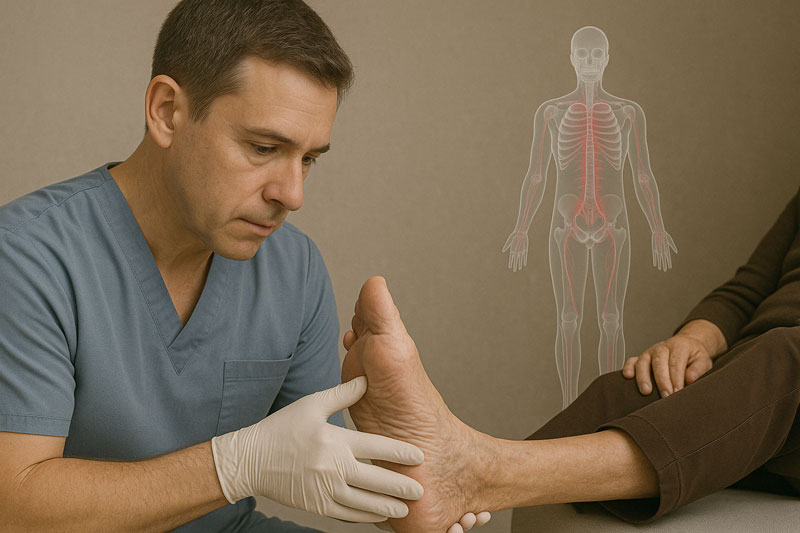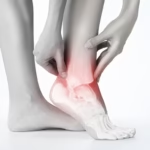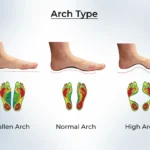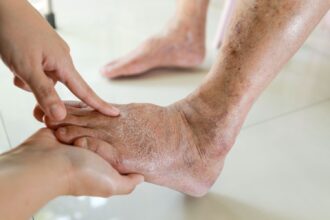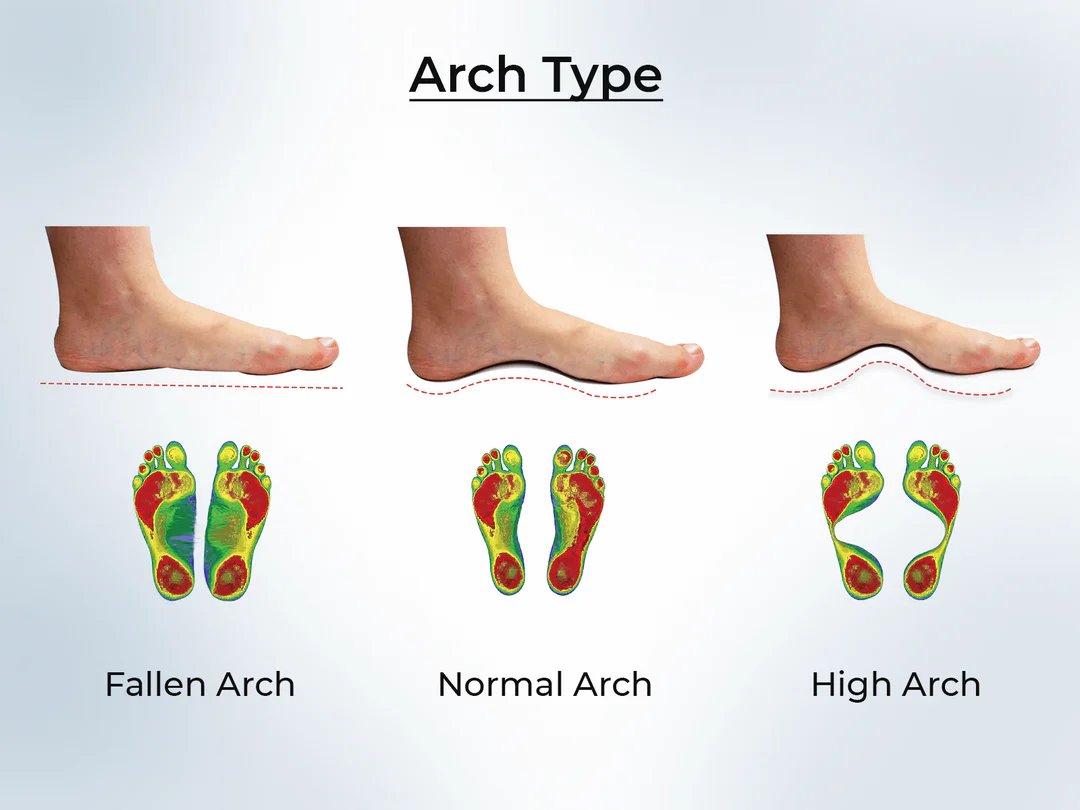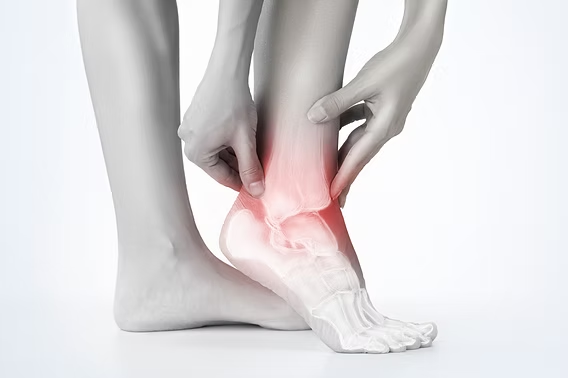Introduction
Our feet serve as the foundation for our entire body, playing a crucial role in mobility, balance, and overall health. Despite their importance, foot health is often overlooked until problems arise. Understanding the connection between foot health and overall wellness is vital for maintaining a high quality of life and preventing various health complications.
Why Foot Health Matters for Overall Wellness
The Role of Feet in Body Mechanics
Feet support our body weight and absorb shock during movement. Healthy feet contribute to proper posture and alignment, affecting the spine, hips, and knees.
Impact of Poor Foot Health on the Body
- Chronic foot pain can lead to reduced mobility and physical inactivity.
- Improper foot mechanics may cause joint pain and muscle strain throughout the body.
- Foot problems can increase the risk of falls, especially in older adults.
Common Foot Problems and Their Systemic Effects
Plantar Fasciitis and Its Consequences
Inflammation of the plantar fascia causes heel pain, often leading to altered walking patterns and secondary joint issues.
Bunions and Postural Changes
Bunions can cause discomfort and force changes in gait, affecting hip and back alignment.
Diabetic Foot Complications
Poor foot health in diabetic patients can result in ulcers, infections, and, in severe cases, amputation, impacting overall health significantly.
How Foot Health Reflects Systemic Conditions
Circulatory Problems
Poor circulation in the feet may indicate cardiovascular disease or peripheral artery disease.
Neuropathy and Nerve Health
Numbness or tingling in the feet often points to nerve damage linked with diabetes or other neurological disorders.
Nutritional Deficiencies and Foot Symptoms
Brittle nails, dry skin, or slow wound healing in the feet may be signs of nutritional deficits or immune system problems.
Maintaining Foot Health for Overall Wellness
Daily Foot Care Routine
- Wash and thoroughly dry feet daily
- Moisturize to prevent cracking and dryness
- Inspect feet regularly for cuts, blisters, or abnormalities
Choosing Proper Footwear
Wear shoes that fit well, provide arch support, and suit the activity to prevent injuries and deformities.
Exercise and Stretching
Regular foot exercises and stretches improve flexibility, strength, and circulation.
Regular Check-Ups
Routine visits to a podiatrist or healthcare professional can detect early signs of foot problems or systemic diseases.
The Psychological and Social Impact of Foot Health
Foot Pain and Mental Health
Chronic pain can lead to anxiety, depression, and social withdrawal due to limited mobility.
Mobility and Independence
Healthy feet support independence, enabling individuals to engage in social, recreational, and occupational activities.
Conclusion
Foot health is a critical component of overall wellness, influencing physical mobility, systemic health, and mental well-being. Paying attention to foot care, recognizing early signs of problems, and seeking professional advice can significantly improve quality of life. Integrating foot health into a holistic approach to wellness supports a stronger, healthier body and mind.
Frequently Asked Questions (FAQs)
1. How often should I inspect my feet for potential problems?
It is recommended to check your feet daily, especially if you have conditions like diabetes.
2. Can foot problems affect my back or hips?
Yes, foot misalignment or pain can alter your posture and gait, leading to back or hip pain.
3. What type of shoes are best for maintaining foot health?
Shoes that provide good arch support, cushioning, and fit properly are best.
4. How does exercise help improve foot health?
Exercise strengthens foot muscles, improves flexibility, and enhances blood flow.
5. When should I see a podiatrist?
See a podiatrist if you experience persistent foot pain, injuries, changes in skin or nails, or have underlying conditions like diabetes.


